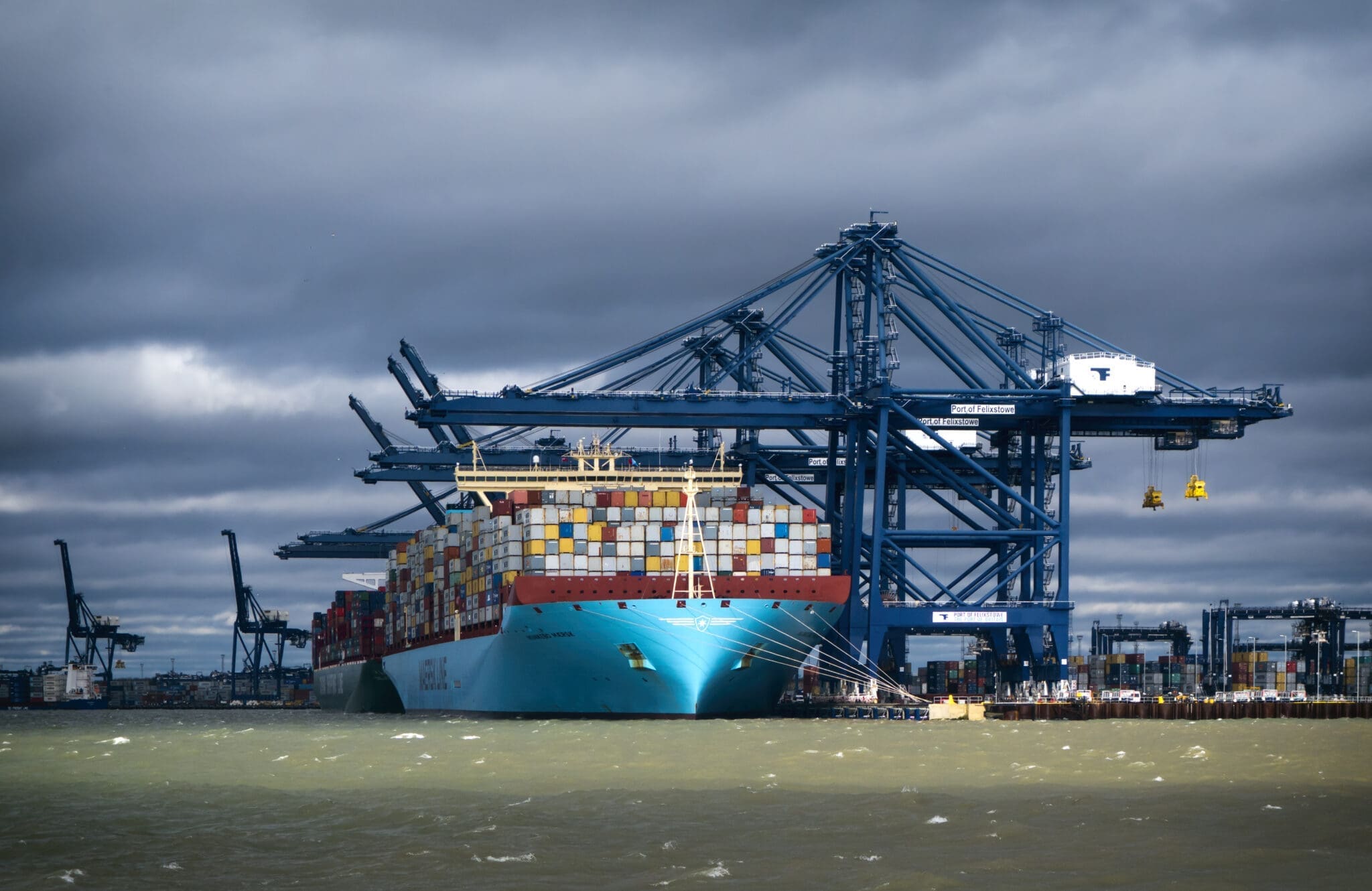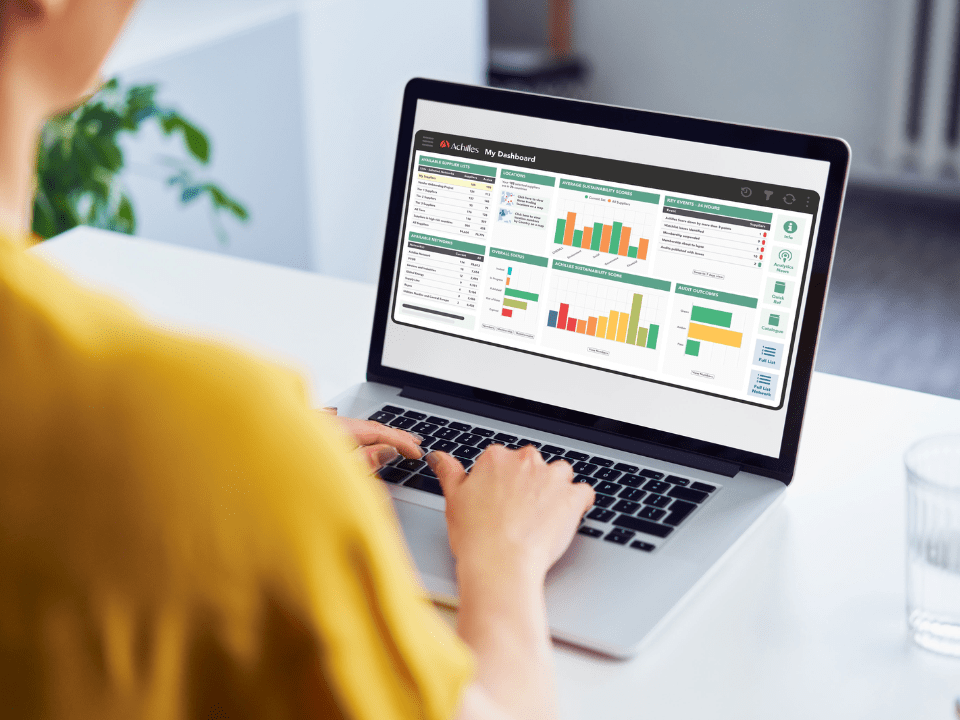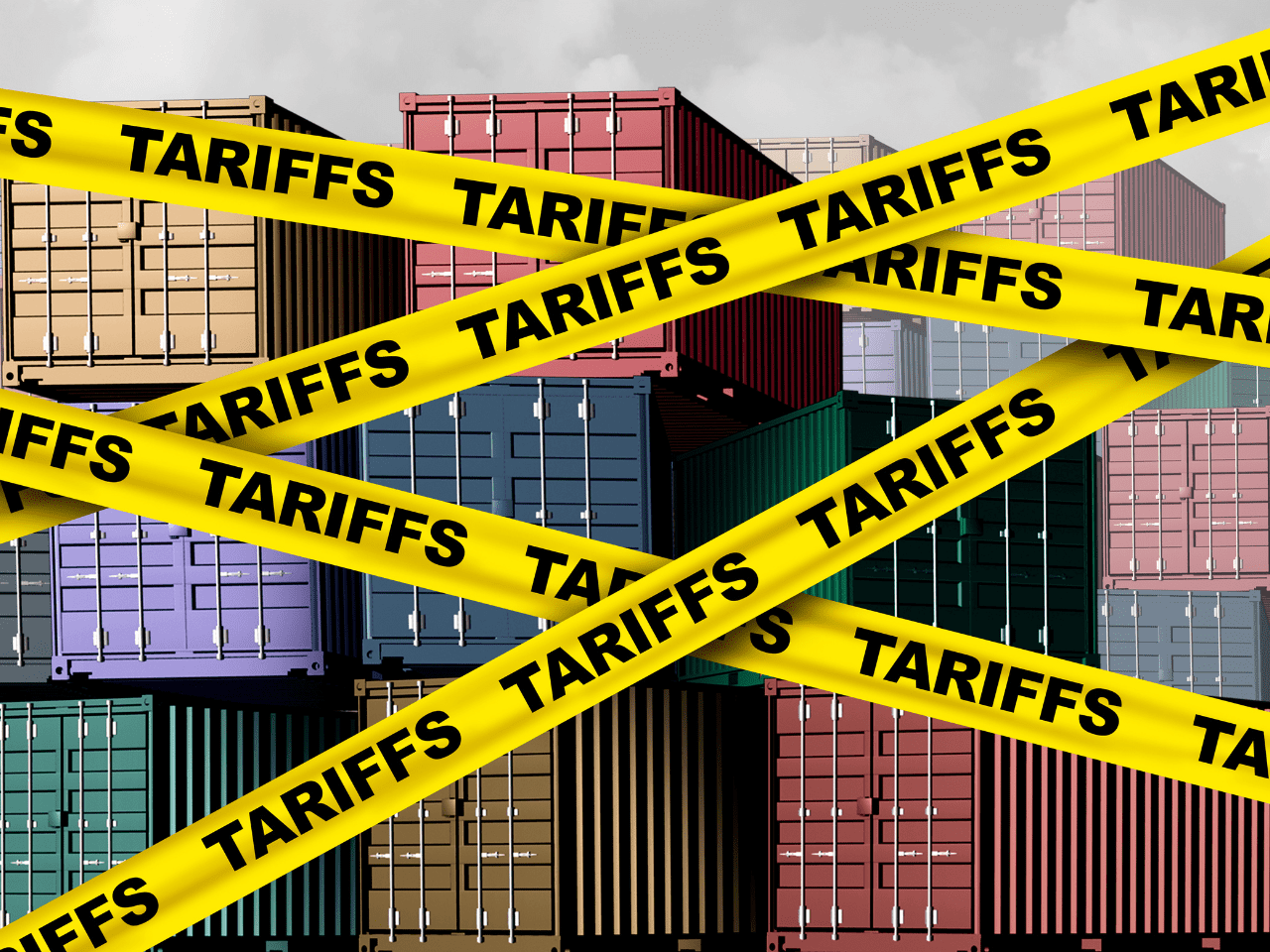Driving Transparency, ESG Compliance, and Ethical Sourcing
How Customer Expectations Influence Procurement Decisions
Customers are no longer just end-users of products and services. They are also key decision makers influencing how businesses manage their supply chains. According to McKinsey & Company, over 85% of consumers consider sustainability and ethical sourcing when choosing brands. This is pushing organizations to prioritize supply chain transparency and ESG compliance.
This shift means businesses must rethink their supply chain management strategies. They must focus on pre-qualified suppliers who meet stringent ESG and ethical sourcing requirements. Companies that fail to align with evolving customer expectations in supply chains risk losing market share, facing reputational damage, and encountering regulatory penalties.
The Demand for Supply Chain Transparency and Ethical Sourcing
Regulatory requirements and public scrutiny are driving businesses to enhance their supply chain visibility. Deloitte reports that 79% of organizations have had operational issues because they lack supplier visibility. This shows how important proactive risk management is.
To address this, businesses are adopting supplier management tools that provide real-time monitoring, compliance tracking, and risk assessments. These tools help organizations:
- Ensure ethical sourcing by validating supplier credentials
- Improve ESG compliance with verifiable reporting standards
- Enhance resilience by identifying vulnerabilities in supplier networks
Organizations that integrate supplier due diligence processes can better anticipate and mitigate risks, ensuring they meet evolving customer expectations and regulatory demands.
Why ESG Compliance is a Key Factor in Supply Chain Decisions
Compliance with environmental, social, and governance (ESG) standards is no longer just a corporate responsibility.
Key ESG factors influencing supply chain strategies include:
- Ethical labor practices and human rights compliance
- Carbon reduction initiatives and Scope 3 emissions tracking
- Environmental impact assessments in procurement decisions
As sustainability and compliance pressures increase, companies that proactively integrate ESG risk management into their supply chains are more likely to build long-term resilience and maintain stakeholder trust.
Meeting Customer Expectations with Pre-Qualified Suppliers
As supply chains become more interconnected, managing supplier risk is a growing priority for businesses. Ensuring supply chain transparency and reducing disruption requires organizations to look beyond their direct suppliers and assess risks at deeper levels.
According to Boston Consulting Group (BCG), the risk of disruption increases significantly at sub-tier supplier levels. Tier two suppliers face 21% higher disruption risk than tier one, and tier three 38% higher than tier one. This highlights the importance of pre-qualified suppliers and comprehensive supplier risk management strategies that assess all tiers of the supply chain.
Working with pre-qualified suppliers can help organizations:
- Improve risk visibility by assessing compliance beyond tier-one suppliers
- Ensure ESG compliance through structured supplier verification processes
- Strengthen supply chain resilience by mitigating risks before they escalate
New laws in Europe and North America such as CSDDD and Bill S211 will require businesses to demonstrate proactive ESG risk management across their supplier networks. As a result, organizations must prioritize supplier pre qualification and ongoing monitoring to meet regulatory expectations and maintain customer trust.
Leveraging Technology for Smarter Supplier Pre Qualification
As global supply chains become more complex, businesses are turning to data-driven supplier management tools to improve supply chain transparency and mitigate risks. Advancements in supplier management tools such as MyAchilles are enabling businesses to:
- Monitor ESG compliance with real-time data
- Assess supplier performance against sustainability benchmarks
- Streamline due diligence to ensure regulatory adherence
A separate BCG report highlights that companies that invest in supply chain resilience capabilities see gross profit growth outpacing competitors by up to 55 percentage points. This suggests that a proactive approach to supplier qualification and risk management is not just about compliance. It also offers a financial advantage.
Future-Proofing Supply Chains for Customer Demands
As global supply chains evolve, businesses must adapt to shifting customer expectations, regulatory pressures, and sustainability requirements. The demand for greater transparency, ethical sourcing, and ESG compliance is no longer a trend but a fundamental requirement.
Supply chains are no longer built purely for efficiency and cost savings; resilience, responsibility, and transparency are now key competitive differentiators. Companies that take a proactive approach by strengthening supplier oversight, integrating sustainability into procurement, and staying ahead of regulatory changes will be better positioned to navigate future challenges and maintain long-term success.
As customer expectations, regulatory demands, and ESG commitments continue to evolve, businesses must take proactive steps to future-proof their supply chains by:
- Ensure supplier transparency by working with pre-qualified suppliers
- Integrate ESG compliance into procurement and risk management strategies
- Leverage digital tools to track supplier performance and improve reporting accuracy
- Adapt to evolving regulations by continuously assessing the supply chain
Contact Achilles today for support in managing your supply chain





